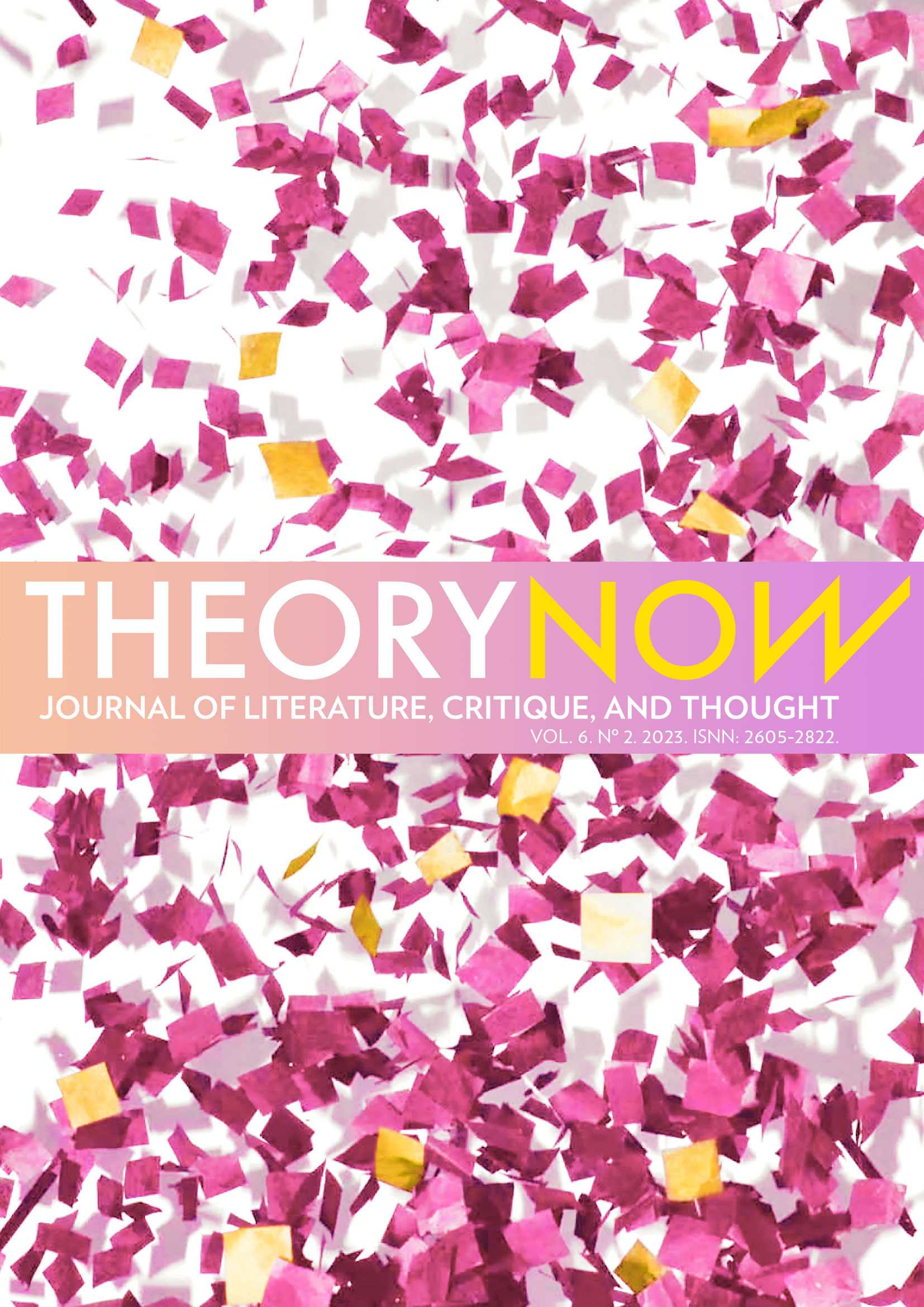The Thresholds of Law
Fictio Iuris Between Norms and Life
DOI:
https://doi.org/10.30827/tn.v6i2.27803Keywords:
Yan Thomas, Giorgio Agamben, Fictio, Politics, Institution, Roman LawAbstract
The present paper explores one of the central themes of Giorgio Agamben’s thought: the threshold. In the space of indistinction between inside and outside, between law and life is revealed the grip which, according to Agamben, sovereign power exercises over life, manifesting itself in its most openly thanatological results. But this grip is now stronger than ever, articulating itself—thanks to economic and techno-scientific discourses—in a complex way over the entire extent of human existence. Understanding the relationship between law and life means, therefore, an investigation into the border territory that separates and unites norms with that which they try to configure, bringing to light the opaque core that gives birth to it and which often hides the apodictic processes of naturalization. By turning to Yan Thomas’ reading of the Romanist roots of law, the present paper attempts to recover some useful categories in order to provide adequate coordinates for this line of research.
Downloads
References
Agamben, Giorgio. Homo sacer. El poder soberano y la nuda vida. 1995. Traducido por Antonio Gimeno Cuspinera, Valencia, Pre-Textos, 1998.
____. “Tra il diritto e la vita”. Il valore delle cose, Yan Thomas, Macerata, Quodlibet, 2015, pp. 10-17.
Cayla, Olivier y Yan Thomas. Il diritto di non nascere. A proposito del caso Perrouche. Traducido por Laura Colombo, Milán, Giuffrè, 2004.
Castoriadis, Cornelius. “Poder, política, autonomía”. Estudios, no. 18, 1989, pp. 7-35.
Catania, Alfonso. Metamorfosi del diritto. Decisione e norma nell’età globale. Roma y Bari, Laterza, 2008.
____. Decisione e norma. Roma, Castelvecchi, 2023.
Foucault, Michel. Historia de la sexualidad I. La voluntad de saber. 1976. Traducido por Ulises Guiñazú, México, Siglo XXI, 1991.
García López, Daniel J. “¿Teoría jurídica queer? Materiales para una lectura queer del derecho”. Anuario de filosofía del derecho, no. 32, 2016, pp. 323-348.
Hart, Herbert. The Concept of Law. Oxford, Oxford University Press, 1961.
Irti, Natalino. L’uso giuridico della natura. Roma-Bari, Laterza, 2013.
Spanò, Michele y Massimo Vallerani. “Come se. Yan Thomas e le politiche della finzione giuridica”, Le parole e le cose2, Massimo Gezzi e Italo Testa, 3 Jul 2016, https://www.leparoleelecose.it/?p=23612 20 May 2023.
Thomas, Yan. “Vitae necisque potestas. Le père, la cité, la mort”. Publications de l’École Française de Rome, no, 79, 1984, pp. 499-548.
____. Il valore delle cose. Traducido por Michele Spanò. Macerata, Quodlibet, 2015.
____. Fictio legis. Traducido por Michele Spanò. Macerata, Quodlibet, 2016.
____. “Imago naturae. Nota sull’istituzionalità della natura a Roma”. L’istituzione della natura, Yan Thomas y Jacques Chiffoleau, Macerata, Quodlibet, 2020, pp. 15-45.
Downloads
Published
How to Cite
Issue
Section
License
Theory Now. Journal of Literature, Critique, and Thought is an immediate open-access publication which is available at no cost for readers and authors alike. Authors are not charged any kind of fee for the editorial processing of their articles. Reading, downloading, copying, distributing, printing, searching, linking or reusing all published articles for non-commercial uses is allowed on the condition of citing the author, the journal and the editing body. All intellectual material published in this journal is protected under a Creative Commons Attribution-NonCommercial 3.0 Spain license.
Dissemination of the articles in social (Facebook, Twitter, Linkedin, etc.) and scientific networks (ResearchGate, Academia.edu, etc.), public repositories at universities and other institutions, blogs, personal or institutional websites, Google Scholar, ORCID, ResearchID, ScopusID, etc. is strongly encouraged. In all cases, the intellectual property of the articles and any possible monetary profits derived from them belong exclusively to the authors.













